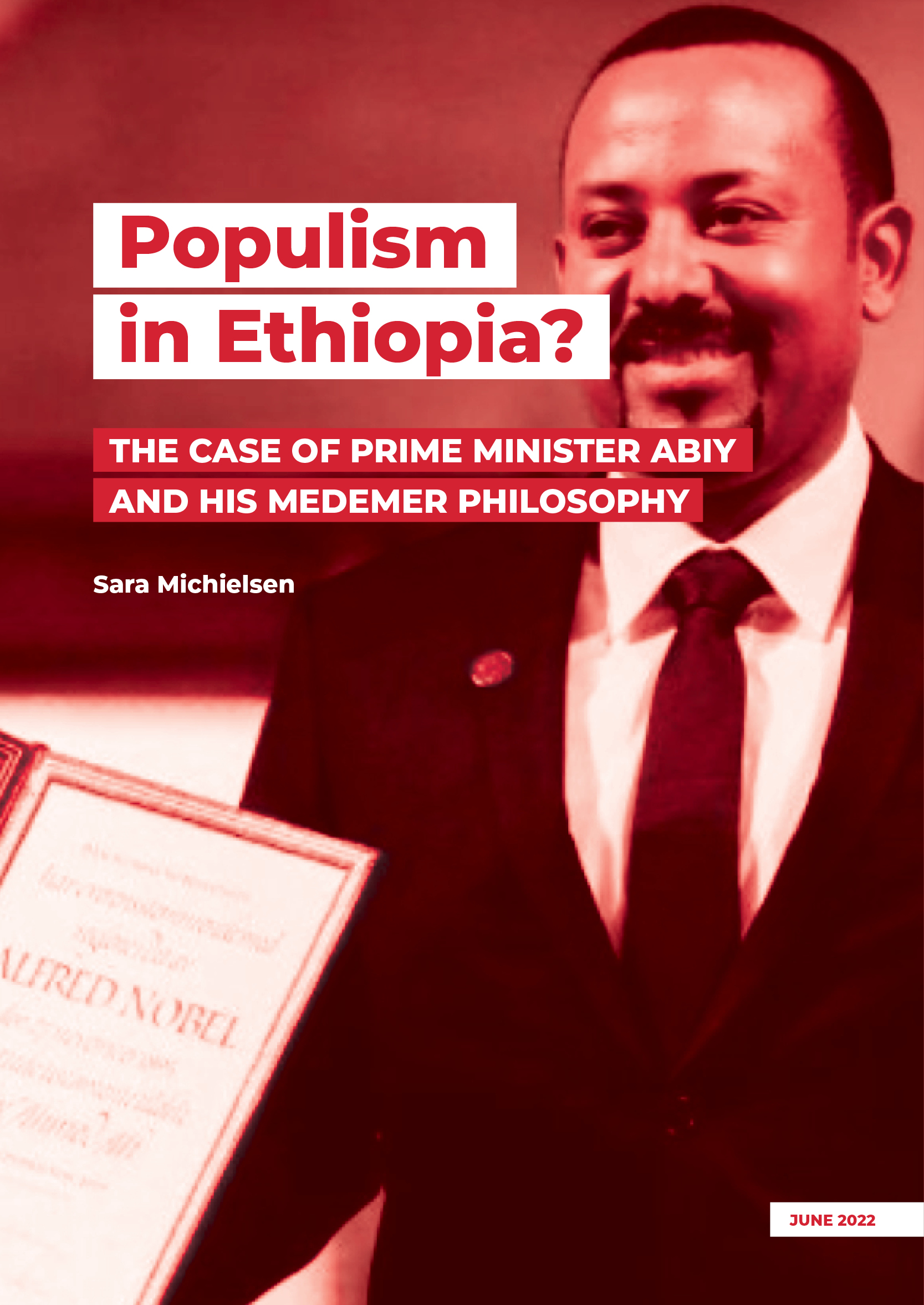Populism in Ethiopia?
This essay aims to challenge the popular tendency to bind populism to anti-pluralistic aspects by uncovering the complex and seemingly contradictory ways in which populist leaders such as Ethopia's Abiy have articulated the interests and values of “the people”. Accordingly, this essay looks at Abiy and his Medemer philosophy through Laclau’s concept of the “empty signifier” in order to examine the discursive means through which the prime minister has upheld his high level of popularity even when political actions taken on behalf of his party seemingly contravened the very principles of his philosophy. More specifically, this essay examines the translation of Abiy’s Medemer philosophy in three particular instances: his inauguration speech; his Twitter response to the ongoing conflict in the Tigray region; and his online campaign to promote his Great Ethiopian Homecoming Challenge. Accordingly, this essay has argued that what makes Abiy and his Prosperity Party populist is their discursively normalizing the ambivalence upon which their political ideology relies, by presenting Medemer as a collective value of all “the Ethiopian people”, while simultaneously using Medemer as a means to justify the exclusion of others from the same construction of “the Ethiopian people” at home and abroad. With his Medemer philosophy, Abiy has been able to promote inclusivity within Ethiopia through the exclusion of the TPLF, and to justify exclusion of the TPLF through the promotion of the very inclusivity of the Ethiopian nation.




